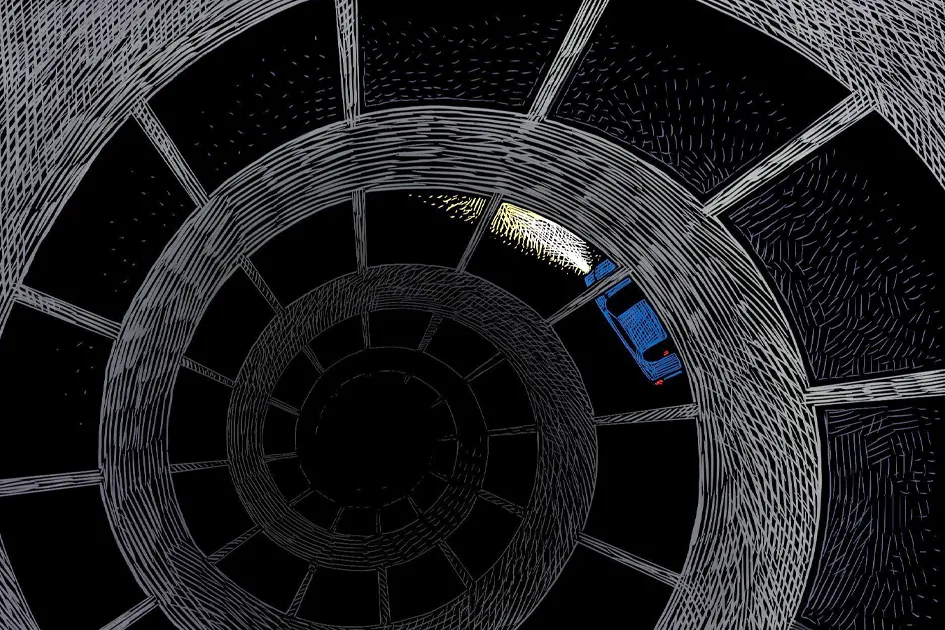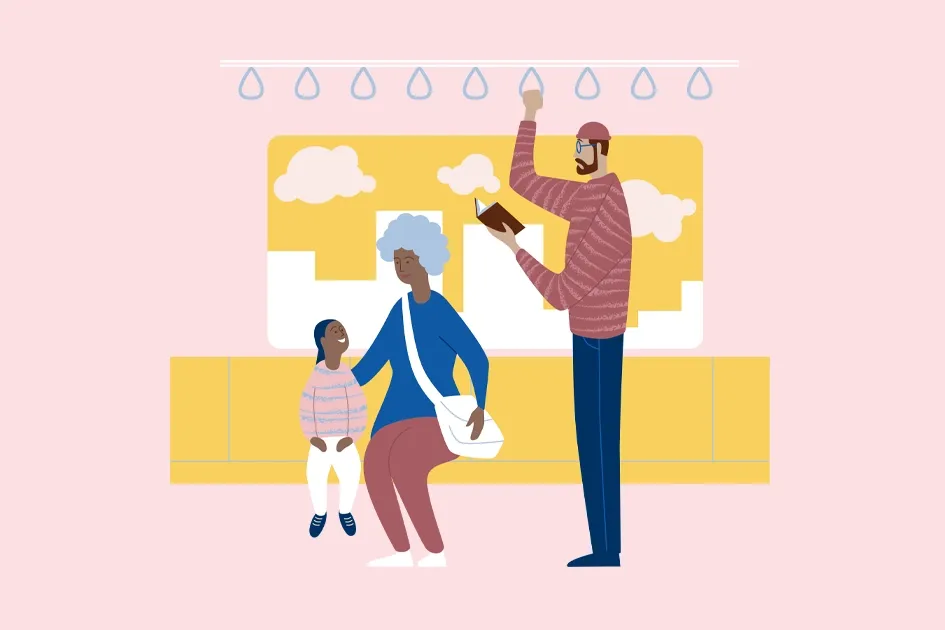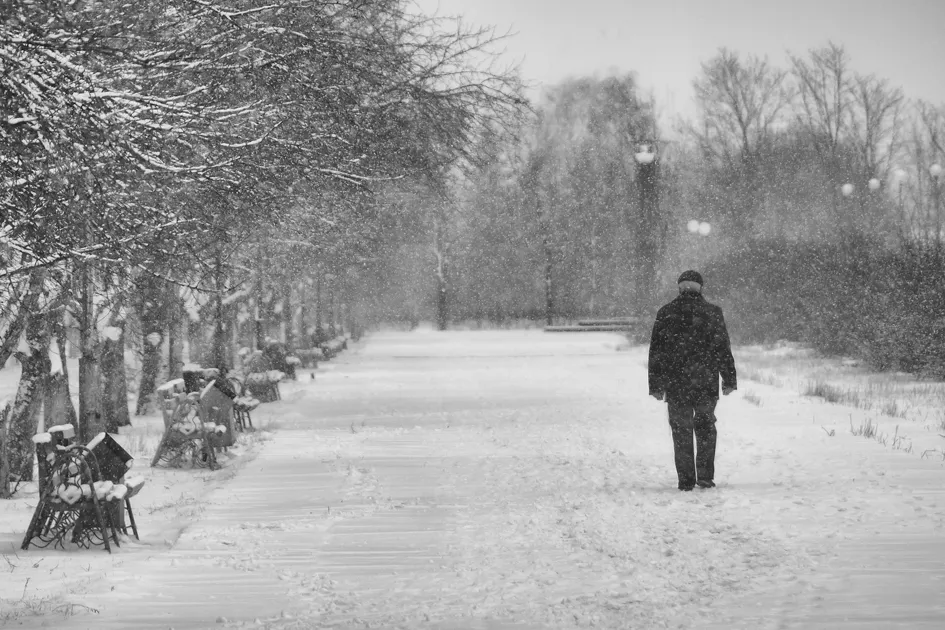After wandering around the island for a few hours, my husband and I stood on the dock, waiting for the water taxi that would ferry us back from Torcello to Venice. It was the off-season, and we were among the few Americans wandering the maze of cobbled streets and twisted canals.

We noticed a small knot of locals—a group of elderly men sitting together on a bench nearby, chatting in Italian, laughing heartily at jokes that escaped us. My husband and I stood in silence, eavesdropping, while water lapped against the wood dock and the late afternoon sun warmed our skin. Then the men’s conversation slowed as gray heads leaned close and one man began to sing, with the others joining in an a cappella chorus.
The harmonies blended beautifully. And though I couldn’t understand the lyrics, my soul was caught up in the music with those singing. Perhaps I have little in common with 70-year-old Venetian gentlemen, but I have known the depth of feeling they expressed—something that needed no language to comprehend. When we share these visceral experiences with others, we connect on a level beyond the rational. Somehow, we touch that which sustains us body, soul, and spirit—God Himself, the beautiful one.
I have experienced similar moments everywhere I’ve lived or traveled. Whether through art, literature, or the stuff of everyday life, I have discovered that—though they manifest in different ways, depending on cultures and geographies—our desires, needs, and emotions are the same in essence.
And though I couldn’t understand the lyrics, my soul was caught up in the music with those singing.
I once visited a refugee camp on the Nicaraguan border and watched the children play with unabashed joy among piles of rubbish and manure. I sang songs to them in a language they didn’t speak, and yet they swayed and clapped with understanding. Their parents looked on with weary eyes, the weight of their displacement worn like a yoke across their slumped shoulders. And though I’ve never felt their particular burden, my own weariness over the losses I have experienced helped me connect, understand—even if imperfectly.
Years after our first trip to Venice, we were transferred to Switzerland for my husband’s job, and I lived as a foreigner who never grasped more than the most elementary German. I spent much of my life abroad wandering around the grocery store, bewildered by the names for common foods and perplexed by directions on the packaging. But I never felt truly alone. Inevitably, I would find a woman with a wrinkled brow in the same aisle, comparing items or wrangling a tyrant of the three-year-old variety. When I found myself confused or in distress, the Swiss often rose to the occasion, attempting to communicate with me in broken English. Rudimentary charades became a legitimate form of communication. And while I struggled daily to make myself understood as well as to understand my adopted country, her people knew I wanted to belong there.
We all live as displaced citizens on this earth, looking to be embraced by the people around us, our souls longing for Eden.
Through my travels, I’ve found people are much the same the world over. At our core, we are made for love and laughter, wonder and worship. We are made to desire belonging and seek connection. Simone Weil wrote, “To be rooted is perhaps the most important and least recognized need of the human soul.” My longing for connection deepened as an expat, and I found a kinship with others struggling for rootedness in a lifestyle that couldn’t offer it.
Ultimately, our personhood and our unity are found not in the artifacts of culture, even as these things reveal how, across the ages, we share fundamental needs and desires related to our existence, regardless of where we call home. We discover who we are—and find unity—in the Imago Dei, the image and likeness of Jesus Christ Himself. As such, we are both the same as our neighbors worldwide and often maddeningly different. As we experience life or art in any form, what we discover is a mirror. In Scripture, paintings, songs, the faces of refugees, the voices of men who sing, or mothers wrangling toddlers—we see ourselves, but only if we’re willing to look.
In some ways, we all live as displaced citizens on this earth, looking to be embraced by the people around us, our souls longing for Eden. God knows the human heart hasn’t changed, and in response, He offers us each other and Himself. God’s heart birthed our desire for love and connection, and though we inevitably fail one another, we always find our need for belonging met in His eternal, unchanging love.
Illustration by Giacomo Bagnara


